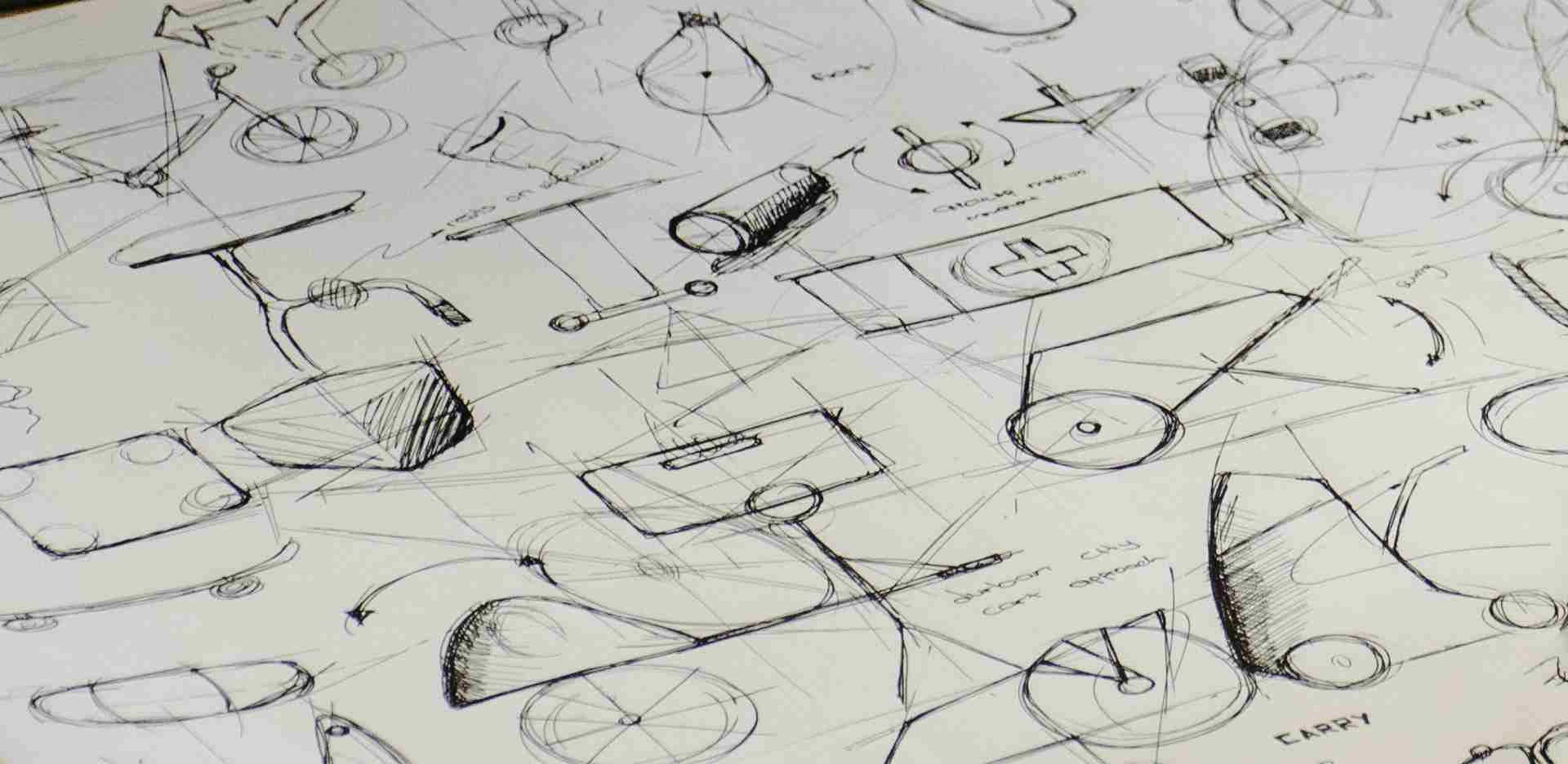Purpose of the qualification Advanced Diploma Industrial Design
Students are able to advance their own skills, knowledge and competencies obtained in NQF 6 industrial design training by independently solving industrial design problems within the local formal or informal sectors in order to design and develop new products for local and or international markets. Study at this level is conducted from a cooperative working relationship within a development group, the members of which may come from marketing, engineering, manufacturing, research & development, software development, or other professions. The ability to function and independently manage the design process as part of a multidisciplinary team is therefore essential. The qualifying undergraduate student should therefore be capable of integrating, interpreting and applying knowledge from a range of disciplines to respond to changing technologies, materials and social environments to design specific products solutions selected from diverse fields of business. The qualification also provides an essential background for industrial design specialisation studies that support design and research activities within the tertiary training community.
A National Diploma: Three-Dimensional Design, Diploma in Industrial Design, Bachelor Degree Industrial Design or an NQF Level 6 qualification in Industrial Design obtained from an accredited South African university with an average of 60% or more. Students not meeting this requirement will be evaluated by the department and may be requested to provide a portfolio of relevant work experience in order to be considered for selection.
National Diploma Three-Dimensional Design and Diploma Industrial Design students at TUT who are busy with their final year may be considered based on the average of their final year mid-year portfolio assessment, but admission will be subject to the successful completion of the National Diploma Three-Dimensional Design or Diploma in Industrial Design and the Faculty’s Student Enrolment Plan (SEP).
Holders of any other equivalent South African or foreign qualifications may also be considered, but they will have to apply in advance (± six months) for recognition of this qualification. Foreign students will be required to submit an evaluation from the South African Qualifications Authority (SAQA) of their qualification. The Department of Mechanical Engineering Mechatronics and Industrial design and the Faculty of Engineering and the Built Environment reserves the right to assess these qualifications and the applicant’s suitability for admission to the programme.
Depending on the nature of such an equivalent qualification, the completion of certain additional subjects may be required.
Due to capacity constraints, candidates will be selected based on academic performance and/or work experience. Selection will be done after the closing date for applications. Please note that meeting the minimum requirements does not guarantee admission.
One year.
Day classes. Classes and assessments may take place on Friday afternoons and Saturdays.
January only
See Chapter 32 of the Students’ Rules and Regulations.
It is compulsory for students to attend the practical classes. Students must pass the practical component of a subject to be admitted to the examination.
Prerequisites will only be waived in highly exceptional cases, based on a motivation by the Head of the Department and approved by the Executive Dean (prerequisite subjects published in Report 151 are excluded).
Subject credits are shown in brackets after each subject. Refer to section below
Subjects
Subjects
The Syllabus content is subject to change to accommodate industry changes.
Please note: A more detailed syllabus is available at the department or in the module guide that is applicable to a particular module.
Product Design IV (Continuous Assessment)
Study at this level is conducted from a cooperative working relationship within a development group, the members of which may come from marketing, engineering, manufacturing, research & development, software development, or other professions. The ability to function and independently manage the design process as part of a multidisciplinary team is therefore essential. The qualifying undergraduate student should therefore be capable of integrating, interpreting and applying knowledge from a range of disciplines to respond to changing technologies, materials and social environments to design specific products solutions selected from diverse fields of business. The qualification also provides an essential background for industrial design specialization studies that support design and research activities within the tertiary training community.
Design Studies IV (Continuous Assessment)
Independently apply design thinking to design problems within the local formal or informal sectors. The student should therefore be capable of integrating, interpreting and applying knowledge from a range of disciplines to respond to changing technologies, materials and social environments to design thinking solutions selected from diverse fields of business.
